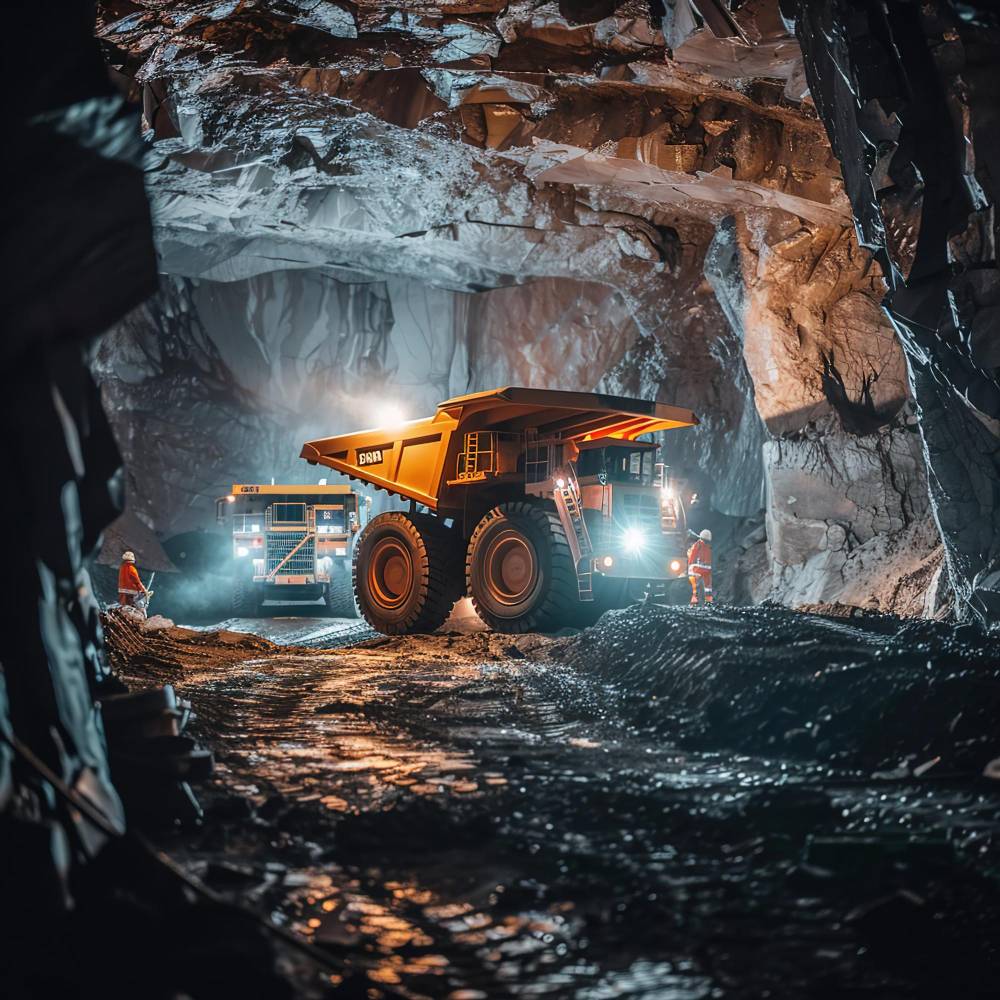For dumpster, container, and large loads please call
For dumpster, container, and large loads please call

Scrap metal recycling is one of the most popular ways of making an extra income and helping the environment of these days. While it makes use of the already existing metal, it helps protect the natural resources. Resource management and environmental sustainability are the biggest topics that show mining and scrap metal recycling are closely interwoven. There is less need for new mining projects since scrap metal recycling recovers precious metals from items that aren’t used anymore. In addition to this, it reduces energy use and greenhouse gas emissions in comparison to mining while conserving natural resources. Both scrap metal recycling and mining will be essential to industries of the future, and in this article, we will try to cover how one is affected by the other.
The production of new metal is prevented through recycling metal. As a result, the priceless natural resources needed to produce metals are also preserved. This is important for two reasons when it comes to eco-friendliness. The first one is due to the fact that our resources are not endless. Elements like iron, copper, and aluminum are non-renewable. So, constantly trying to mine to achieve these metals will mean that, as a society, at some point, we will run out of them. On the other hand, through metal recycling, we can recycle the metals and turn them into whatever is needed endlessly without losing any of the original properties of the metal. This is a great way to preserve natural resources.
Another way recycling metal is crucial to the environment is by decreasing greenhouse gas emissions. Compared to using recycled metal products, the production of new metal from mined ore results in significantly higher greenhouse gas emissions. Not only do greenhouse gas emissions contribute to dangerous urban air pollution levels, but they also have an impact on climate change. So, recycling metals is an environmentally friendly practice that affects almost all industries, including the mining industry.
A good example of how much recycling affects mining would be aluminum cans. They, for instance, have a short lifespan and are not very valuable. In contrast, buildings and automobiles have significantly longer lifespans and are worth more money. Approximately 65% of aluminum cans are recycled in a year. In a landfill, aluminum takes 200–500 years to completely decompose; however, recycling aluminum uses 95% less energy than producing aluminum from scratch. If 95% of this material could be recovered, there would be a 15% decrease in the demand for raw aluminum, and through this, 250 million metric tons of CO2 emissions could be avoided in a single year.
Recycling waste metal lowers the need for newly extracted metals, protects natural resources, and minimizes negative effects on the environment, including pollution and habitat damage. Also, by providing substitute sources of metal supply, it economically stabilizes the price of metal. Every single person can play a role in this large picture by providing metals to a reliable scrap metal recycling company. M&M Recycling's experts can assist you if you are unfamiliar with the market and don't know where to go for a trustworthy scrap metal buyer. Call us right now to find out more.